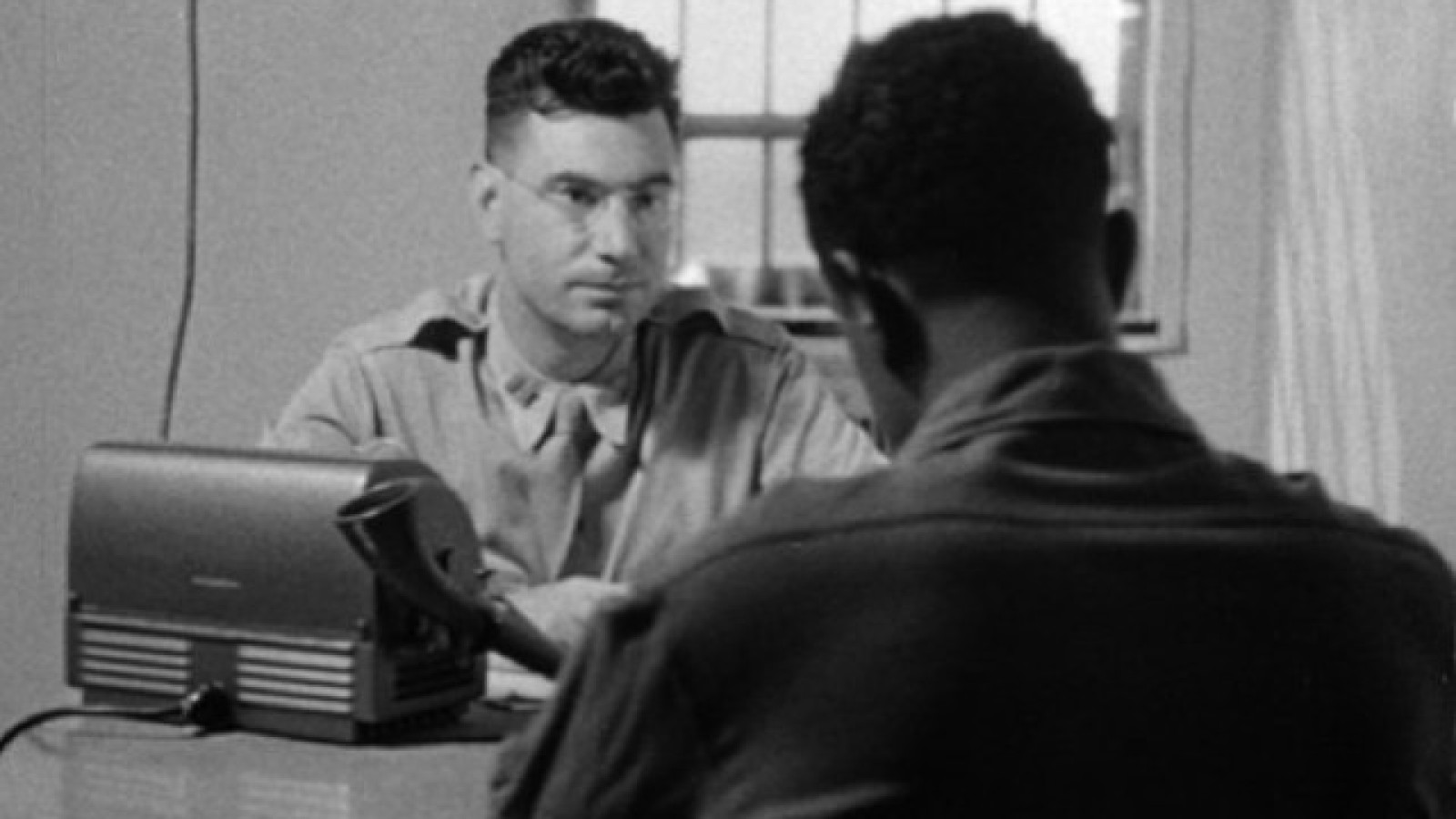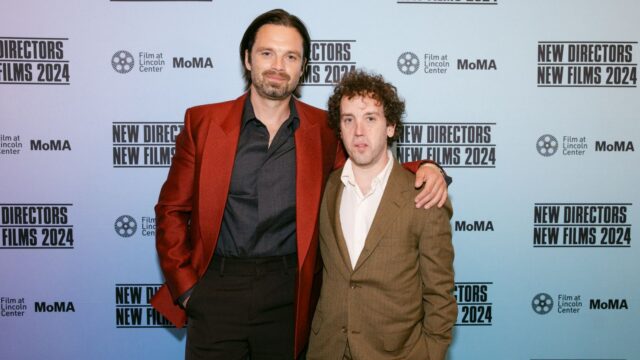Let There Be Light
Introduction by journalist/author Mark Harris at the 6:00pm screening.
Huston’s landmark study of psychologically scarred veterans capped his series of films produced for the U.S. Army. Shot largely at Edgewood State Hospital on Long Island, Let There Be Light may be the first movie to confront the issue of Post Traumatic Stress Disorder in returning troops. Seventy-five soldiers are admitted for emotional strain and depression, treated with drugs and hypnosis, and in some cases discharged; for others, ongoing psychiatric care is required. Fearing deleterious effects on recruitment, the Army banned the film for decades and military police confiscated Huston’s prints prior to exhibition. Paul Thomas Anderson consulted it for inspiration on his 2012 study of postwar trauma The Master, even excerpting lines of testimony from its subjects. Courtesy of the National Archives and Records Administration.
Screening with:
Winning Your Wings
John Huston, USA, 1942, digital projection, 18m
Huston’s first contribution to the war effort was this documentary short hosted by “Lieutenant James Stewart” (in his only collaboration with the director). An officer in the Army Air Corps, Stewart addresses the concerns of potential recruits and introduces a B-17 bomber and its nine-man crew. The film also features music by the legendary Alfred Newman and an abundance of Stewart’s homespun charm. Note: This film will only screen at the 6:00pm show.
And:
Independence
John Huston, USA, 1976, 16mm, 30m
This short, commissioned by the National Parks Service to celebrate the American Bicentennial, was dear to Huston’s heart; when funds ran out at the end of the shoot, he contributed $5,000 out of pocket. A slice of speculative fiction in which the founding fathers reappear in Constitution Hall 200 years after July 4, 1776, it remains one of the most widely seen of Huston’s later films. Featuring Patrick O'Neal as George Washington, John Randolph as Samuel Adams, and, last but not least, Eli Wallach as Ben Franklin.







